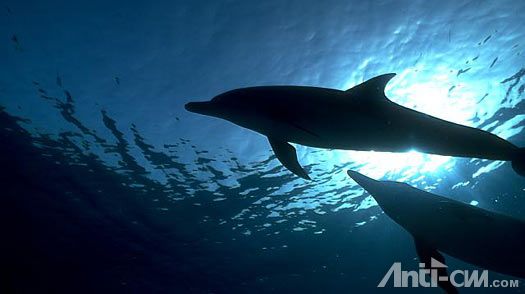|
|
Why Some People Are Gay: Notes (and Clues) From the Animal Kingdom
http://www.time.com/time/health/article/0,8599,1905237,00.html
By John Cloud Friday, Jun. 19, 2009

Stuart Westmorland / CORBIS
We have known for at least a decade that hundreds of animal species — including birds, reptiles, mollusks and, of course, humans — engage in same-gender sexual acts. But no one is quite sure why. After all, same-sex couplings don't usually result in offspring. (I say "usually" because when male marine snails pair with other males, one partner conveniently changes sex, allowing for reproduction.) Evolutionarily speaking, homosexuality should have disappeared long ago.
A year-long study just completed at the University of California, Riverside, offers several fascinating competing theories about why same-gender sexual behavior has endured. And although it's gay-pride month — and the 40th anniversary of the Stonewall riots that sparked the gay-rights movement — not all the theories will give same-gender-loving humans a reason to celebrate.
What explains all these varied behaviors? Here are some hypotheses I collected from Bailey and Zuk's paper as well as some of their original sources:
1. The boys-in-the-locker-room theory.
2. The emasculation theory.
3. The "oops" theory.
4. The let's-see-how-this-thing-works theory.
5. The two-plus-one theory.
What all these theories have in common is that same-sex sexual activity is either an accident or a quirky genetic method of helping males impregnate females. Which raises the evolutionary question of why men and women who are exclusive gay and lesbian exist. One answer is that exclusive gays and lesbians are a relatively new creation: the concept of exclusive homosexuality barely existed before modernity; even a century ago, most same-sex-attracted men and women got married and had kids.
As Bailey, Zuk, and many others have pointed out, no one has offered an adequate evolutionary explanation for the relatively recent development of exclusive homosexuality among humans. In January, the journal Evolution and Human Behavior published a paper exploring the idea that certain alleles increase the chances of homosexuality by blocking the effect of androgens during fetal development. Having all those alleles hampers the masculinization of some parts of the brain that affect personality, making you gay, the theory goes. Brothers of gay men who have only some of the alleles would turn out straight but less aggressive than typical guys. And because those brothers exhibit less pyschopathology, they would attract more women and therefore have more kids. It was a provocative theory, but it turned out not to be proven: gay men's brothers don't actually have more kids than straight men's brothers do.
So we're stuck at square one. As the 40th anniversary of Stonewall approaches, the question that Alan Miller and Satoshi Kanazawa ask in their 2007 book about evolutionary psychology, Why Beautiful People Have More Daughters, has never been more relevant: will "the liberation of homosexuals, which allows them to come out of the closet and not pretend to be straight," actually turn out to "contribute to the end of homosexuality?" We may not know for a thousand years, but it's a great question. |
|